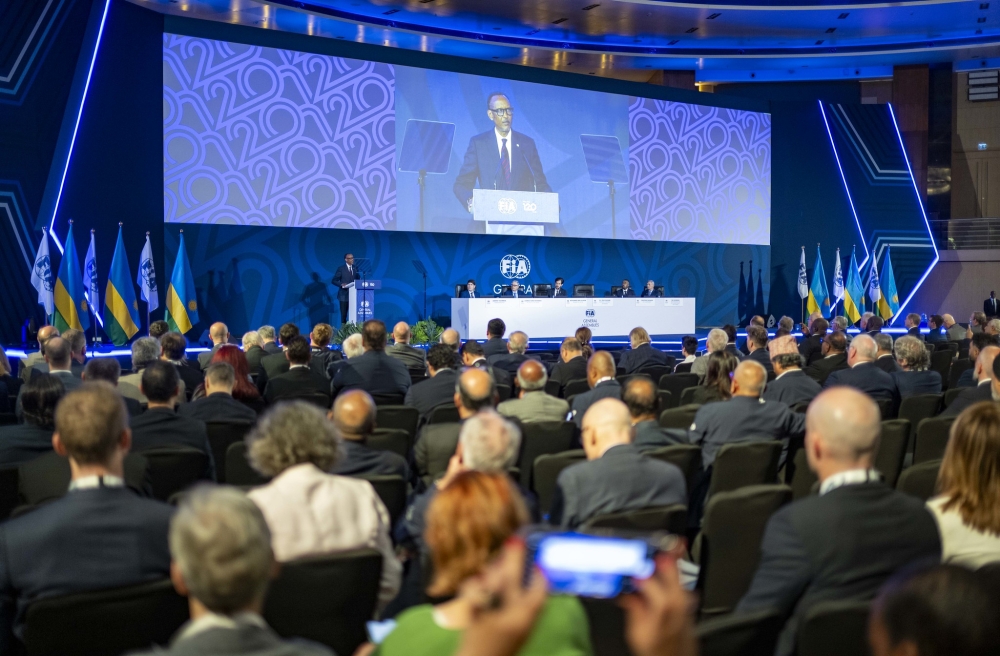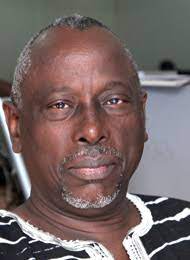

Is size all that matters? Not at all, according to conventional wisdom. Folklore across the world is full of stories that illustrate the point. Stories that pit brawn against brain abound in which the latter always comes off best.
That, however, does not stop human beings from being obsessed with size. They will boast about their big size and mock others for being small.
Individuals and nations, great and small, but mostly great, global organisations, are all prone to the obsession with size.
There is a country in our region whose leaders and people brag about everything big. Big country that can swallow whole its little neighbours or obliterate them. Infinite natural resources strewn across the vast territory for anyone to pick and get rich, except themselves. Big mouth to tout all their fabulous things.
This country has other big things it does not boast of. Big dysfunction that nullifies all its other big attributes. Large number of armed groups. Home to the biggest, most expensive and most ineffective UN peacekeeping operation in the world. And other big negatives. A lot of bombast. A classic folklore case of all brawn.
In another part of the world, there is a politician who is excessively obsessed with size – of his political rallies, his wealth and power, and other things besides. He loves to taunt his rivals about everything small about them.
Everything about him is in hyperbole – the greatest this, the biggest that, the most other, and so on. It is reported that he goes into a rage when the size of anything of his turns out smaller than expected or than that of his competitors. Sometimes he goes into denial and withdraws into an alternative universe where he is king of the size contest.
He has company in our region. Politicians in some East African countries are known to ferry busloads of hired supporters to their political rallies. That is intended to show that they have massive support but also to intimidate rivals with "evidence” of invincibility. If challenged for stealing the election, they can always point to the huge rallies as proof of their massive popular support. It is probably a way to pre-empt contesting the result.
When in office, their importance is measured by the size of their motorcade, the number of dignitaries who turn up to receive them or see them off, and so on.
There must be something about this amount of obsession with size to occupy minds and enter into calculations of all these people. It cannot be dismissed as simply narcissism.
Of course, it has to do with the way people regard themselves or how they want others to regard them. Whether right or not, it is considered a measure of worth, a projection of power, or evidence of ability
While size is a sort of armour around self or badge of greatness and power, however mistaken, it is also a weapon often wielded against others. It can be used to put them down, disparage them or dismiss their ability or thwart their ambitions.
Rwandans are familiar with this obsession about size and have been on the receiving end of its use as a weapon.
At one time, hate-filled Rwandan elite used the small size of the country to keep out a section of their compatriots. They told and spread the lie that the country was too small to contain all its citizens. That lie that became state policy was summed up by President Juvenal Habyarimana’s infamous image of a glass so full that could not contain more.
Up to 1994, the numerical size of supposed ethnic composition of the country was used to justify and entrench discrimination of a section of the population. Genocide deniers have based their attempts at trivialisation of genocide against the Tutsi in 1994 on the same supposed numerical composition, claiming that by their calculations it is not possible that more than one million Tutsi were killed.
Post 1994, this matter of size has continued to dog Rwanda, which is often dismissed as a small country. The meaning is clear. It is weak, insignificant, and incapable of certain actions. It is not permitted to do certain things because they are beyond its size. Which means it has no right to undertake such things.
However, Rwanda today has refused to be defined by its size or to have its aspirations curtailed by it. President Paul Kagame has told the world many times that size is not a determinant in what the country does. At one point he retorted to comments about the country being small. "We are a small country, but we are not small people.” That answer has not silenced small size-minded critics.
On Friday December 13, shortly after publicly announcing that Rwanda was bidding to host Formula One racing, he was asked whether the country could pull it off given its small size. His answer, the same as always: "We are not too small for anything. That’s our belief. We believe in what we can do.”
It is that belief which has defined post-genocide Rwanda. The country continues to defy attempts to put it down and to confound critics who doubt the resolve of its leaders and people. The evidence is overwhelming.
When the world looked away as more than a million Tutsi were killed in 1994, Rwandans themselves stopped it and rebuilt their country. They refused to be a failed state which everyone expected, and some wished, would inevitably happen. Instead, they rebuilt the country and have become a shining example of post-conflict reconstruction.
The country that was too full to take in its own, now offers a home to whoever wishes to live here. More importantly it has given a home to refugees and migrants that no one else wants.
In the last thirty years, it has pulled off major projects, such as building big hotels and convention centres, different sports arena, and other infrastructure developments that some thought Rwanda had no right doing or did not have the capacity to do.
Again, President Kagame had an answer for the doubters of Rwanda’s ability. He said last Friday, that we had, ”the will and some good capacity to pull of some of these projects.”
Bidding to host Formula One racing occasioned the most recent questions about Rwanda’s size. It will not be the last. Rwanda will continue to confound its critics, well or ill-intentioned. They might do well to read again or listen to the wisdom of folklore.


